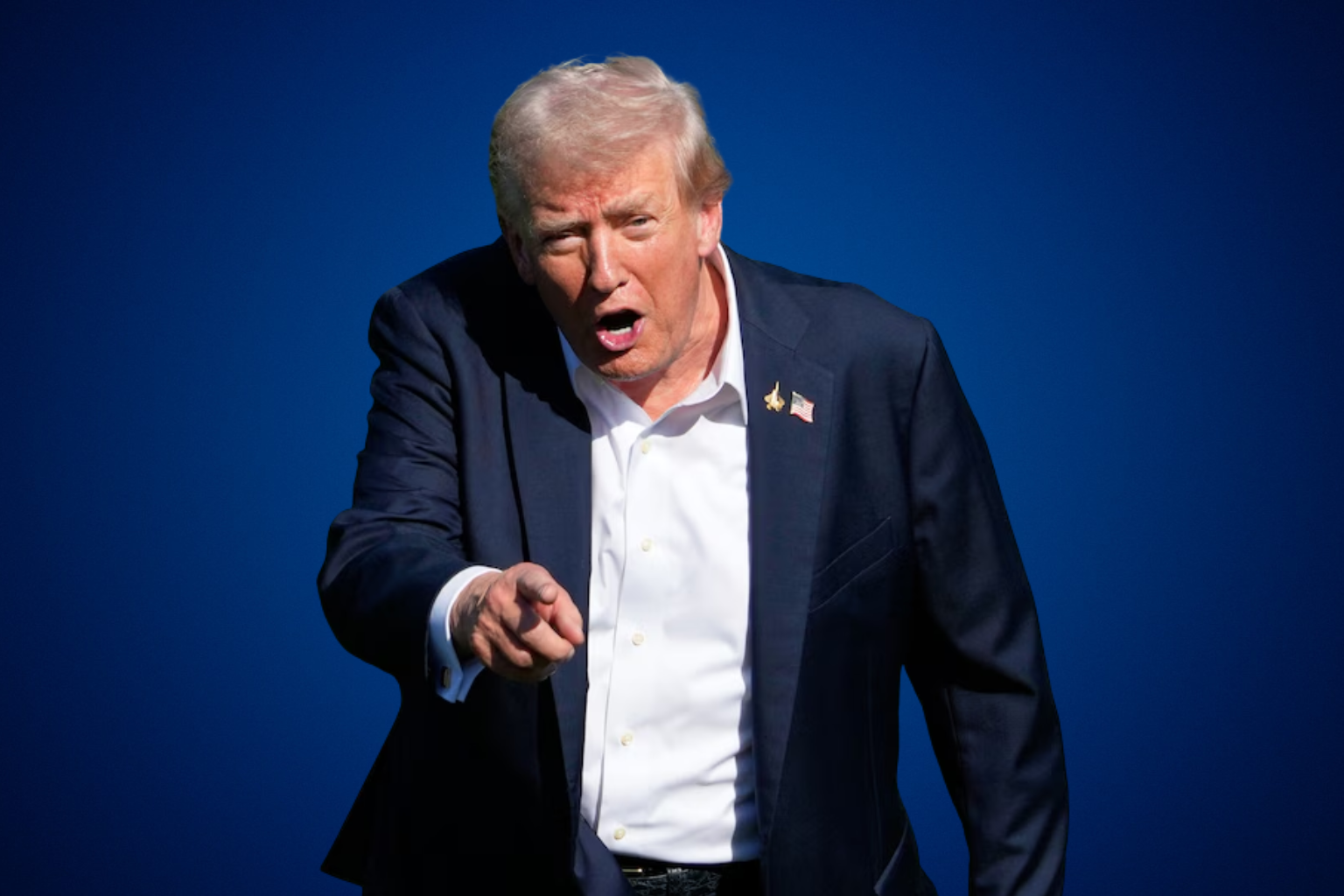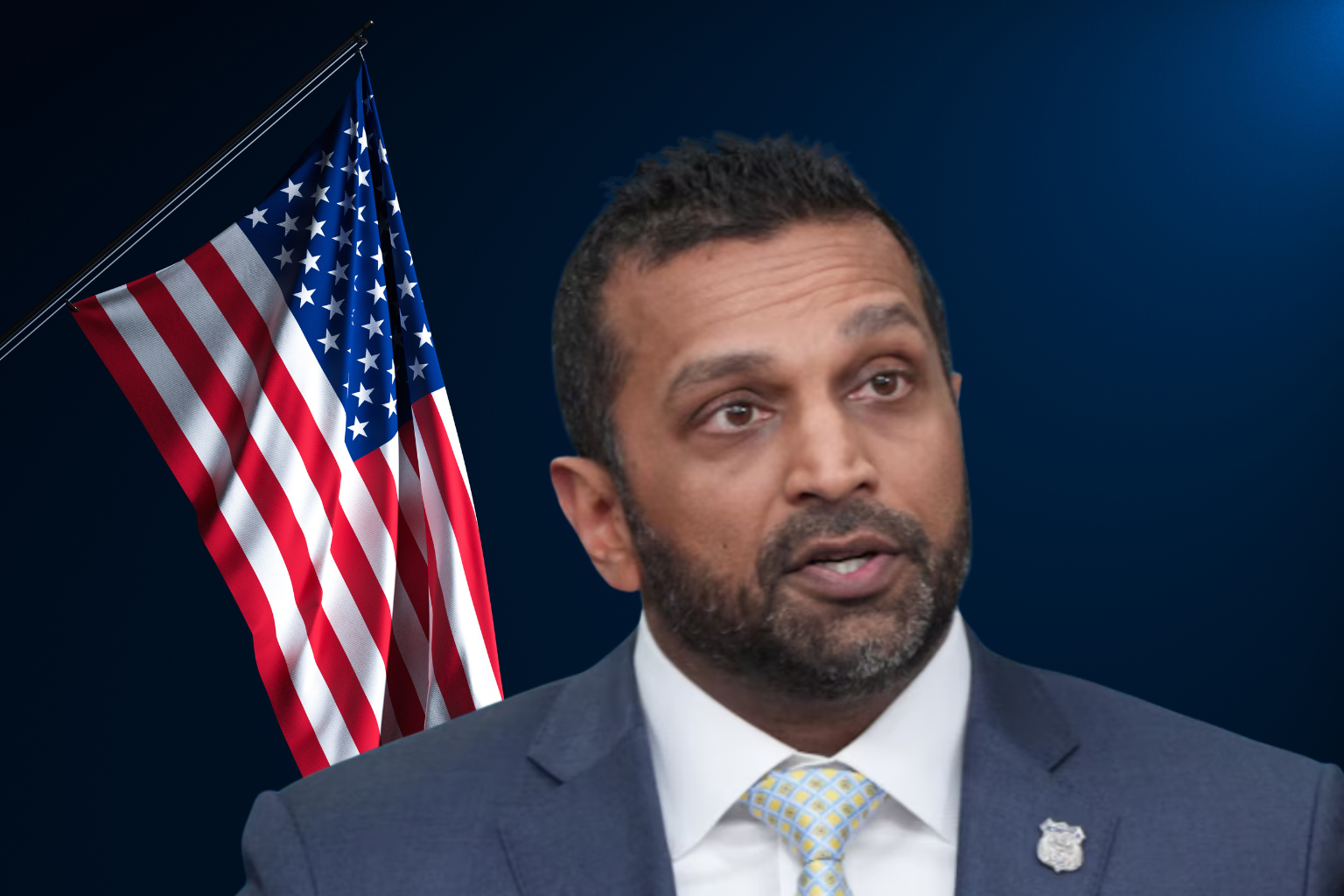Trump Warns Maduro Leader and Signals a Harder U.S. Stance on Venezuela

President Donald Trump said Venezuelan President Nicolás Maduro “doesn’t want to f— around with the United States,” escalating Washington’s pressure on Caracas over drug-smuggling and geopolitical issues. Trump said Maduro had offered “everything” to avoid conflict at a joint appearance with Ukrainian President Volodymyr Zelenskyy at the White House. The implication: Maduro was apparently offering Venezuela’s oil, natural gas, and gold reserves to reduce U.S. animosity.
These words follow the U.S.’s Caribbean Sea military operations, which included strikes on alleged drug-smuggling vessels, one of which was a semi-submersible craft, killing at least two people and taking survivors into custody. Trump has openly authorized the CIA to conduct covert operations in Venezuela, intensifying U.S. participation to disrupt narcotics networks.
Trump believes Maduro’s readiness to unlock Venezuela’s natural resources shows that he prefers negotiation to outright conflict with the U.S. Trump’s tough language showed Caracas that the U.S. is in charge and that any mistake may have dire consequences. These assertions are part of a U.S. narrative that portrays Venezuela as a narcotics source and geopolitical liability associated with China, Russia, and Iran.
Caracas has strongly denied U.S. regime-change claims. According to Maduro’s government, the U.S. strikes violate international law and utilize anti-drug operations to undermine Venezuelan sovereignty. Venezuela denies leadership offers and natural-resource concessions, calling them “psychological warfare.”
The stakes in this battle go beyond words. Reports say the U.S. deployment includes guided-missile warships, F-35 fighters, a nuclear-capable submarine, and 6,500 troops in the Caribbean. The military escalation has raised doubts from U.S. politicians about the campaign’s legality and limits. Some senators worry that expanding operations into Venezuela could lead to a full-scale war.
Analysts say leverage is also a factor diplomatically. By displaying military strength and exposing Maduro’s claimed promises, the U.S. hopes to deter Caracas. The forthright rhetoric also rallies public support for a firm foreign-policy posture before domestic elections. Washington has both reason and risk from Maduro’s increased security restrictions, prison-release claims, and claimed drug-trafficking networks.
With a mounting economic crisis, international sanctions, and impending isolation from important friends, Venezuela may have regarded resource access as a lifeline. Maduro’s circle may recognize the U.S.’s willingness to press its advantage. However, Washington’s failure to reciprocate diplomacy suggests containment rather than cooperation. The outcome may be more Venezuelan instability, military miscalculations, and U.S. foreign-policy scrutiny.
Overall, President Trump’s rhetoric and escalation changed U.S.–Venezuela relations. The president’s strong words and military preparations indicate a change from sanctions and rhetoric to concrete action and resource leverage. Whether this approach will change Venezuela or escalate conflict is crucial.
Sources
The Guardian, The Washington Post, Financial Times, ABC News



